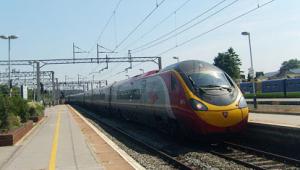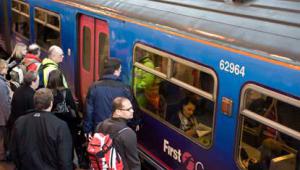MPs have called for rail franchises to be handled by a new agency following the Department for Transport’s botched West Coast mainline deal.
In a report on the government’s rail policy, the Commons transport select committee said a body with greater ‘commercial expertise’ should be established to award franchises and negotiate with train operators.Rail 2020 found there were ‘good economic, social and environmental reasons’ for the annual £4bn subsidy to the industry. However, ministers and the Office of Rail Regulation should do more to ‘shine a light on complacent management, waste and profiteering’ by operators.
The committee concluded there was merit in the government’s plan to let longer franchises, despite the failure of the West Coast deal awarded to First Group last August. The contract was cancelled in October after Transport Secretary Patrick McLoughlin discovered ‘unacceptable mistakes' had been made in the 14-year deal, including the calculations for the security bonds bidders have to provide.
Committee chair Louise Ellman said confidence in the DfT had been ‘badly shaken’ following the errors.
She added: ‘We are not convinced that the DfT as currently structured is best placed both to set rail policy and deliver the detailed work required to run each franchise competition.
‘A new arm’s-length franchising body could employ staff with the appropriate specialist and commercial skills required to let and manage effective franchise contracts. However, ministers must remain fully accountable to Parliament for the railway.’
Long franchises awarded in the future should also be reviewed every five years, and payments made by operators for the right to run services should be better spread across the contract term, the committee added.
Between 2001 and 2006, the Strategic Rail Authority managed franchise awards, but it was scrapped by then transport secretary Alistair Darling to allow ministers to take charge of railway strategy.
The MPs also backed the cost-cutting plans put forward by Sir Roy McNulty in his May 2011 Rail value for money study. However, McNulty’s target of saving £3.5bn by 2018/19 would be ‘challenging’ for the industry, the committee said.
Transport minister Simon Burns said the popularity of rail travel continued to grow and the government had embarked on one of the biggest investment programmes in the railways since the Victorian era.
‘As this investment continues, it is also vital that the industry looks to how it can provide better value for money for both taxpayers and farepayers whilst delivering the safe, competitive railway that passengers expect.’





















